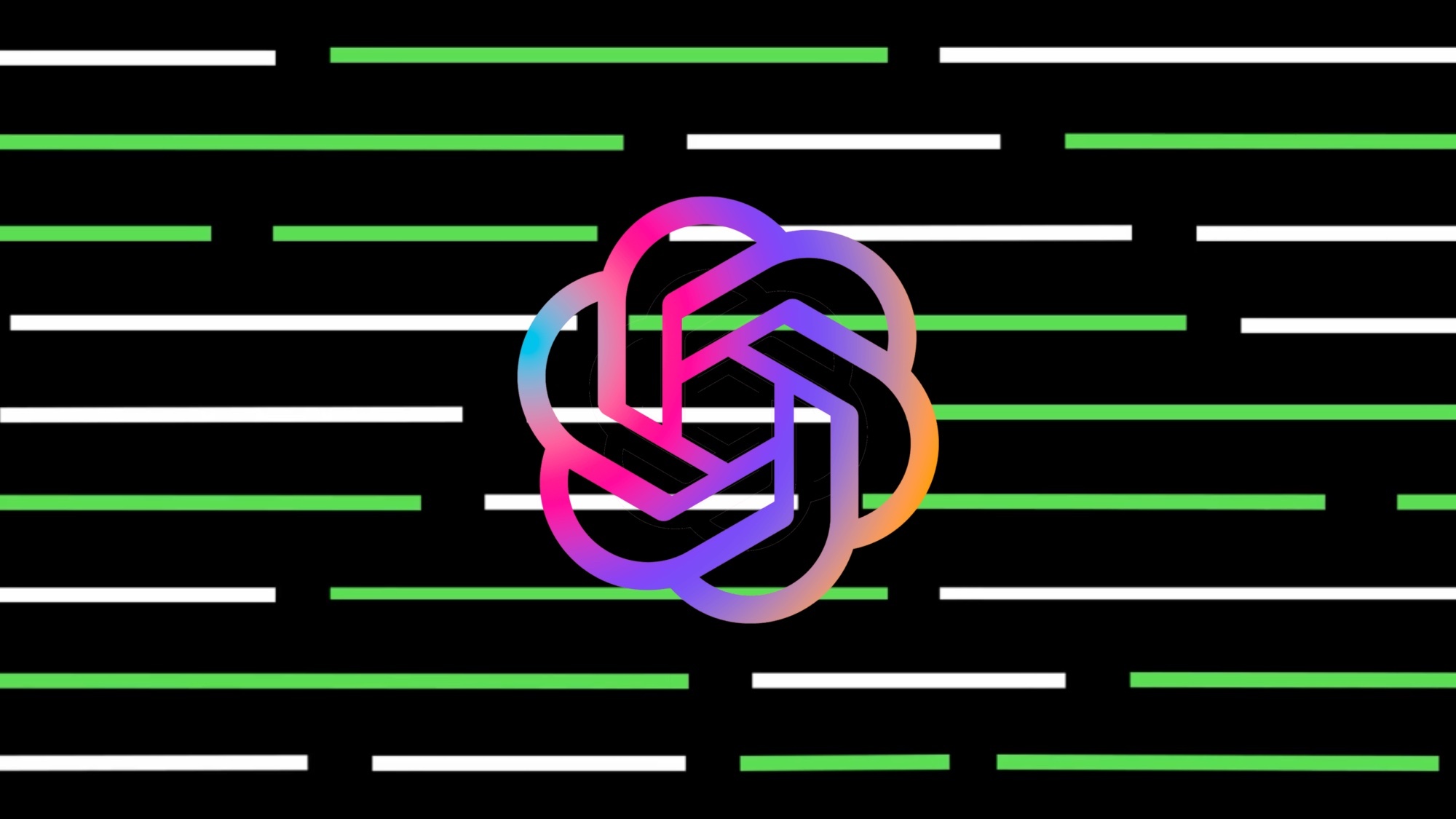OpenAI faces class-action lawsuit over how ChatGPT uses data — here’s what we know

A class action lawsuit was filed against ChatGPT creator OpenAI in a San Francisco federal court on Wednesday alleging that the company’s technology violates the copyrights and privacy of millions of users (via The Washington Post and Bloomberg Law). The complaint states that ChatGPT’s machine-learning tech trained on texts “copied by OpenAI without consent, without credit, and without compensation.”
Ryan Clarkson, the managing partner of the Clarkson law firm behind this lawsuit says his firm wants to represent “real people whose information was stolen and commercially misappropriated to create this very powerful technology.” Clarkson also said, “All of that information is being taken at scale when it was never intended to be utilized by a large language model.” Clarkson wants courts to place safeguards on how AI algorithms are trained — and to see that people get compensated if their works are used.
Two people who believe ChatGPT inappropriately used their works include Massachusetts-based authors Paul Tremblay and Mona Awad (via Reuters). The writers claim that ChatGPT generates “very accurate” summaries of their works, which they believe proves their books appeared in ChatGPT’s database of scraped material. The lawsuit in question wants an unspecified amount of money damages for copyright owners whose works ChatGPT allegedly used.
OpenAI claims ChatGPT makes fair use of copyrighted work. Katherine Gardner, who is an intellectual property lawyer at the law firm Gunderson Dettmer says fair uses is “an open issue that we will be seeing play out in the courts in the months and years to come.” She also said that “when you put content on a social media site or any site, you’re generally granting a very broad license to the site to be able to use your content in any way.” Gardner said it will be difficult for users to claim they’re entitled to compensation for the use of their data.
Outlook
Clarkson told The Washington Post that OpenAI was the “natural first target” for this lawsuit after it initiated an “AI arms race.” In that sense, this could be the first of many lawsuits brought against companies like OpenAI.
It’s hard to tell how the court (or courts) will side in this case given the novelty of the circumstances. Perhaps we’ll see concrete safeguards established by the law to better ensure copyrights aren’t violated by ChatGPT, Google Bard and other AI chatbots.
More from Tom’s Guide
For all the latest Technology News Click Here
For the latest news and updates, follow us on Google News.
